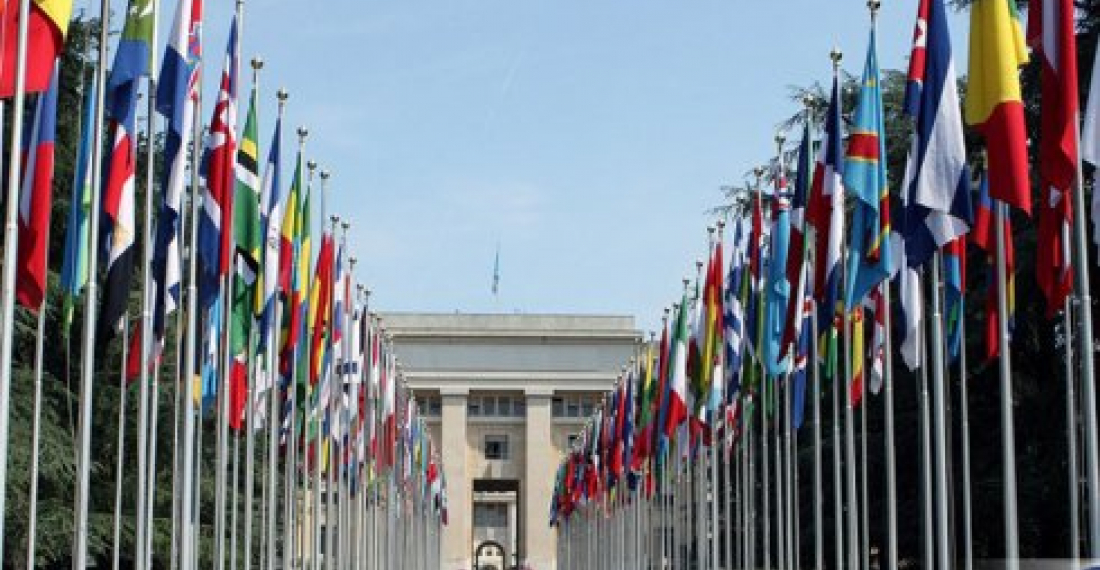The Georgian Ministry of Foreign Affairs said on Tuesday its "concern" about Russia breaking off the 51st round of the talks, and said the development impeded the "efforts of the Georgian government and the international community to solve the problems of the conflict-affected population". In its statement Ministry says:
"The Ministry of Foreign Affairs of Georgia expresses its concern over the disruption of the 51st Round of the Geneva International Discussions by representatives of the Russian Federation. It is noteworthy that considering the aggravated security and humanitarian situation in Georgia's occupied territories, according to the decision by the Co-Chairs of the Geneva International Discussions, the 51st Round was planned and agreed to be held on 6-7 October this year in spite of the COVID-19 pandemic."
The ministry called upon Russia to return to the negotiations and fulfil its international obligations, including the EU-mediated August 12, 2008 Ceasefire Agreement on the withdrawal of Russian forces from the Georgian territory.
source: commonspace.eu with MFA of Georgia







